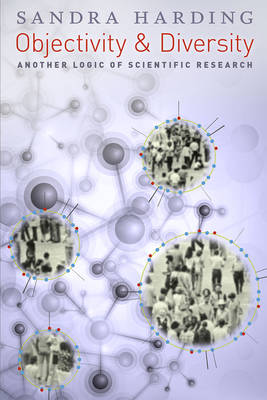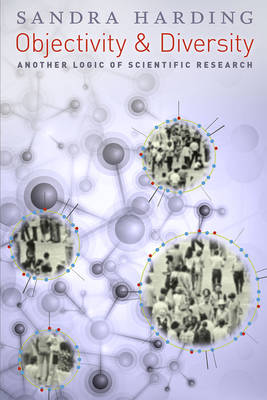
- Retrait gratuit dans votre magasin Club
- 7.000.000 titres dans notre catalogue
- Payer en toute sécurité
- Toujours un magasin près de chez vous
- Retrait gratuit dans votre magasin Club
- 7.000.000 titres dans notre catalogue
- Payer en toute sécurité
- Toujours un magasin près de chez vous
Objectivity and Diversity
Another Logic of Scientific Research
Sandra Harding
Livre broché | Anglais
32,45 €
+ 64 points
Description
Worries about scientific objectivity seem never-ending. Social critics and philosophers of science have argued that invocations of objectivity are often little more than attempts to boost the status of a claim, while calls for value neutrality may be used to suppress otherwise valid dissenting positions. Objectivity is used sometimes to advance democratic agendas, at other times to block them; sometimes for increasing the growth of knowledge, at others to resist it. Sandra Harding is not ready to throw out objectivity quite yet. For all of its problems, she contends that objectivity is too powerful a concept simply to abandon. In Objectivity and Diversity, Harding calls for a science that is both more epistemically adequate and socially just, a science that would ask: How are the lives of the most economically and politically vulnerable groups affected by a particular piece of research? Do they have a say in whether and how the research is done? Should empirically reliable systems of indigenous knowledge count as "real science"? Ultimately, Harding argues for a shift from the ideal of a neutral, disinterested science to one that prizes fairness and responsibility.
Spécifications
Parties prenantes
- Auteur(s) :
- Editeur:
Contenu
- Nombre de pages :
- 232
- Langue:
- Anglais
Caractéristiques
- EAN:
- 9780226241364
- Date de parution :
- 18-05-15
- Format:
- Livre broché
- Format numérique:
- Trade paperback (VS)
- Dimensions :
- 152 mm x 226 mm
- Poids :
- 317 g







